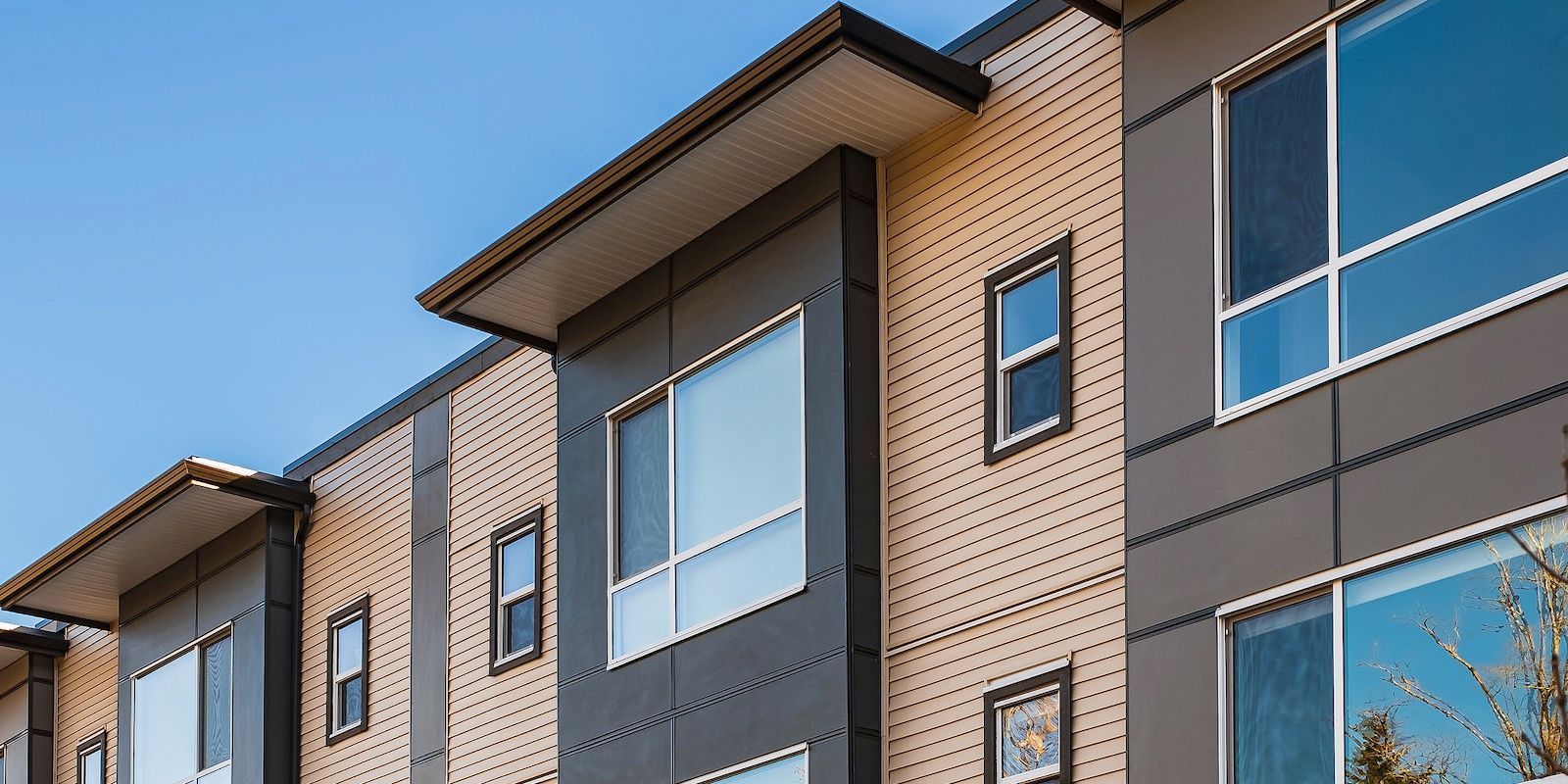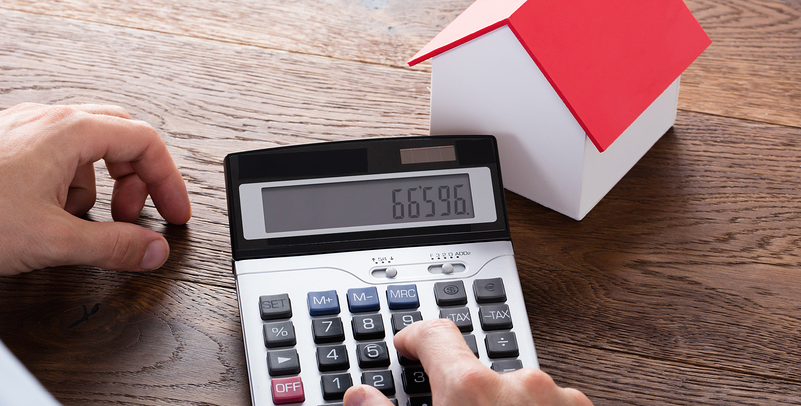Homebuyers: Avoid These Common Mortgage Pitfalls
A home is the largest purchase most people will make in their lives.
That should reinforce the importance of planning ahead, doing your research, relying on the advice of experts and not rushing through the process.
With nearly 700,000 homes purchased in Canada each year, there’s no shortage of anecdotes about the issues and surprises that can arise.
While a mortgage broker can help you avoid many of the pitfalls commonly encountered during the home buying process, it’s still important to be informed even before you start looking for that perfect home. Here are just a few examples:
1. Not checking your credit report before applying for a mortgage
Put simply, not knowing your credit score prior to applying for a mortgage is akin to not brushing your teeth before visiting the dentist.
Your credit score can have a huge impact on the best rate you’ll be able to secure. For example, some lenders will offer a borrower with a 640 credit score rates that are a full 0.25% worse than someone with a score of 750, as we’ve written about previously on these pages. For conventional mortgages (those with down payments of less than 20%), the ideal target score is around 720.
You don’t want to discover your credit score is sub-par in the middle of a mortgage application. Knowing this information beforehand gives you time to improve your score, or address any errors that may appear on your report. You can easily check your score through Equifax or TransUnion.
Anyone with a credit score less than 680 (the minimum credit score to get the best rates) should be prepared to pony up for a higher interest rate and will likely qualify for a smaller mortgage.
2. Thinking it’s all about the rate
Let’s be honest, who doesn’t want the cheapest mortgage rate possible? And indeed it is important to find the best deal that meets your needs. After all, a few percentage points can make a not-insignificant difference to your interest costs over your mortgage term.
But don’t be too quick to jump at the cheapest rate without making sure it has all of the features you need/want, and that it doesn’t stick you with higher-than-normal penalties should you need to break your mortgage early. Some people are OK with a large penalty if it saves them money upfront on the rate. Just remember that penalties on certain “no-frills” mortgages can end up costing many thousands of dollars, nullifying any rate savings.
3. Not understanding the importance of the down payment
Many first-time buyers see a down payment as a big, almost-insurmountable obstacle to home ownership, particularly in regions where prices have skyrocketed into the stratosphere.
But when you get into the nitty-gritty of it all, there are many more considerations beyond simply coming up with the money.
Things to consider:
- How big of a down payment will you/can you make? Of course you must meet the federally mandated minimum down payment: 5% for all mortgages up to $500,000, and 10% on any portion above $500,000 up to $1 million (CMHC-insured mortgage loans are only available on properties valued under $1 million). It goes without saying that as you increase the size of the down payment, you reduce the amount of interest over the lifetime of the mortgage. But you also reduce the size of the CMHC mortgage insurance premium , which runs from 0.60% on loan-to-values up to 65%, all the way up to 4% for loan-to-values of 95% (i.e. 5% down). CMHC says the average down payment in 2016 was 8%, while the average CMHC-insured loan was $245,000. Based on those figures, the average premium was $9,016. Remember, this premium is normally rolled into the mortgage, and gets paid off (with interest) over the life of the mortgage.
- The source of your down payment funds. According to Mortgage Professionals Canada, about 10% of first-time buyers use the federal government’s Home Buyer’s Plan to withdraw up to $25,000 tax free from their Registered Retirement Savings Plan (RRSP). This can be a great tool for supplementing a down payment, so long as you’re aware of the rules and the payback requirements.
- Transferring the funds. No matter where your down payment funds are coming from (savings, investments, RRSP, proceeds from a prior sale), be sure to leave yourself plenty of time for the funds to clear and for a certified or cashier’s cheque to be produced before the closing. It’s easy to underestimate the time it may take for wire transfers to finalize, so be sure to confirm with your bank or financial institution in the event of a tight deadline.
4. Not setting (and sticking to) a budget
You’re probably thinking, “but budgets can be boring and tedious.” This is not entirely incorrect, but on the other hand a budget paints a clear picture of your financial situation and lays the framework for ensuring you can afford all of the hidden (and not so hidden) costs associated with buying a home—not to mention all of the costs that follow after the closing.
It’s important to plan for both the short and long term. Short-term costs include everything from:
- Land transfer taxes
- Legal fees
- Home inspection/appraisal fees
- Down payment (this is kind of a big one)
- Mortgage insurance (remember, the provincial tax on your insurance premium can’t be rolled into the mortgage like the premium itself, so expect this hefty expense at closing time)
Then there are the ongoing costs of home ownership. Previous owners will know what to expect, but first-time buyers may be caught off guard with sudden expenses after moving in, such as:
- Appliances and furniture
- Condo fees/Property taxes/Property insurance
- Utility costs
- Renovations/repairs (furnace replacement, new shingles, etc.)
- And everything else, down to tools, and yes, even a dehumidifier. These expenses can add up
As for long-term planning—and this applies especially to today’s buyers—just because you scored a great rate for your purchase, be prepared for the possibility that rates will rise and that you may need to renew into a higher rate in the future.
For every 25 bps or rate increases, adjustable-rate holders can expect to pay approximately $25 more in interest each month based on a $200,000 mortgage.
5. Not Shopping Around
Whether you plan to find your own mortgage or enlist the help of a broker, it’s still important to shop around in both cases.
Most people don’t buy the first car they test drive. They give themselves adequate time to research and compare their options. So why would a purchase worth many times the cost of your vehicle be any different?
If you have questions about any of these issues, or about the mortgage application process in general, I’d love to discuss it with you. Please don’t hesitate to contact me anytime!
Recent Posts



Contact Me Anytime!
The best way to get ahold of me is to submit through the contact form below. However feel free to give me a shout on the phone as well.
Contact Us
We will get back to you as soon as possible.
Please try again later.
Luisa Hough. All Rights Reserved Privacy and Content Notice




